A Powerful Villain is the One you Hope will Survive, according to my special guest, Jennifer Orchard. (Yes, we’re related ~grin~)
Take it away, Jennifer…
Part way through “Snow White and the Huntsman” we discover the back-story of the evil Queen and why she is the way she is.
Watching it, my brother scoffed, “Great, now they’re going to try to make us feel sorry for her.”
Which got me to thinking…
Why should we feel empathy for the villain? Shouldn’t villains be dark, ultra-evil beings, incapable of being loved? Shouldn’t they be the epitome of everything we hate? Wouldn’t that be more formidable for us and our characters than a sympathetic villain?
But think about it. Why do we root for our hero? Why do we want him to win?
We love the hero because he’s sympathetic. We follow him because he faces great trials.
So what happens when your villain is sympathetic?
Suddenly it’s harder for your hero to do the morally right thing and defeat them. Suddenly both you and your hero are, so to speak, torn.
The most compelling stories are the ones with high costs. What if your hero doesn’t really want to destroy the villain but knows he must in order to save the world?
Does a sympathetic villain draw attention away from your hero?
I suppose, if not handled carefully, you could turn your antagonist into the star of the show, but if done right they become a more formidable enemy to your hero. The hero sees part of him/herself in the villain. Your hero sees what they could become and it terrifies them but it also makes them want to believe there is hope for the villain because they need to believe there would be hope for themselves in the same situation. (A compelling example is Frodo and Gollum’s relationship in The Lord of the Rings).
Your hero’s moral compass is his strongest weapon.
Make him question his own morals in defeating the villain, and your villain will have immense power over him.
Innately we know the villain must go, but because a little bit of our heart wants them to survive, the cost will be high.
You want to make your villain unbearably hard to defeat? Make a small part of us root for him, too.
Jennifer Orchard writes freelance articles and the travel blog What Tourists Miss Her short story, The Rain Sequence, won the Athanatos J.R.R. Tolkien Award, and was published in the anthology Swimming Blind. She is an aspiring fantasy novelist and screenwriter.

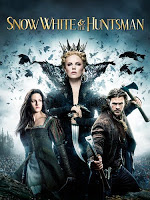

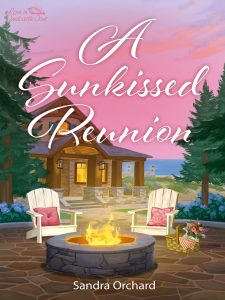

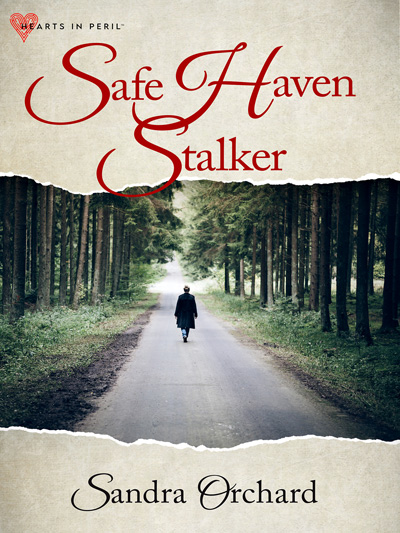
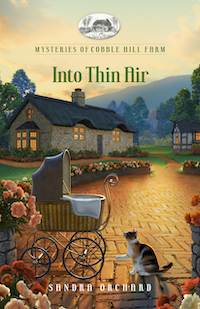
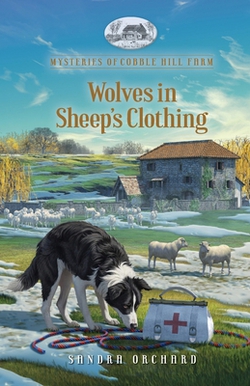
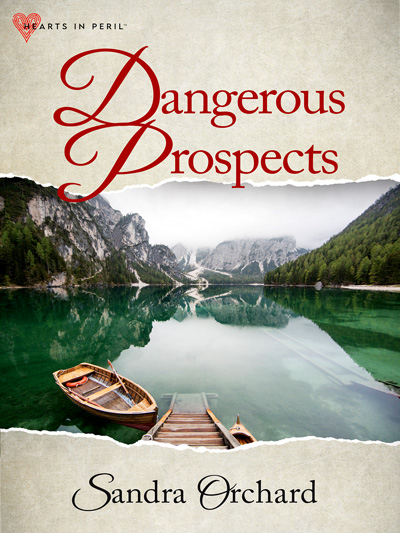
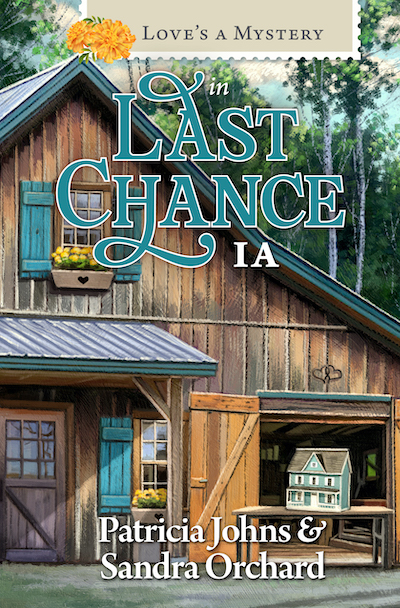

 RSS - Posts
RSS - Posts


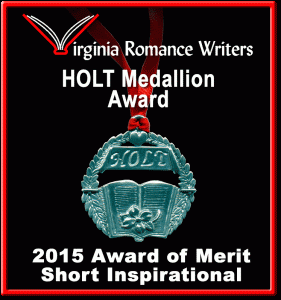
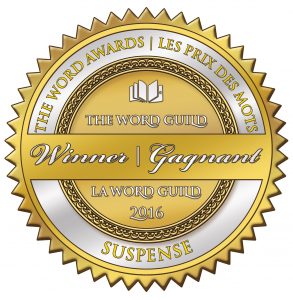
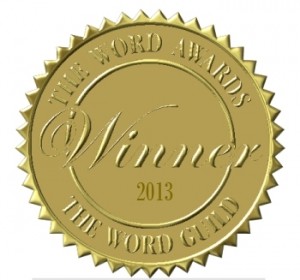
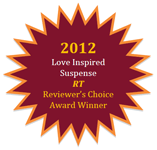
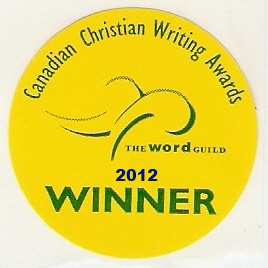

Fun to meet you, Jennifer. Excellent post!
You gave a great example with Gollum and Frodo. It’s a complex relationship. We become torn, like you say.
Nice to meet you, Sandra and Jennifer. This is where I am at in revising my novel: making the characters more real and relevant. Thank you so much for the tip.
Nice to meet you, too, Catherine. I love the revising stage…enjoy!
Wow, I never considered this well-thought-out point, Jennifer. Thanks for your wisdom, and congrats on your award!
Great post! The most compelling stories ARE the ones with high costs.
This is a great, great post. In fact, when you first started off, I immediately started thinking about Gollum…I definitely think a sympathetic villain done right can definitely up the stakes and intensify the confusion for the hero. Great stuff!
Oooh, this is an awesome post. I love it! And I loved that movie too…it was so well done.
Thanks everyone! I’m glad you found it useful. Wishing all of you a productive writing day!